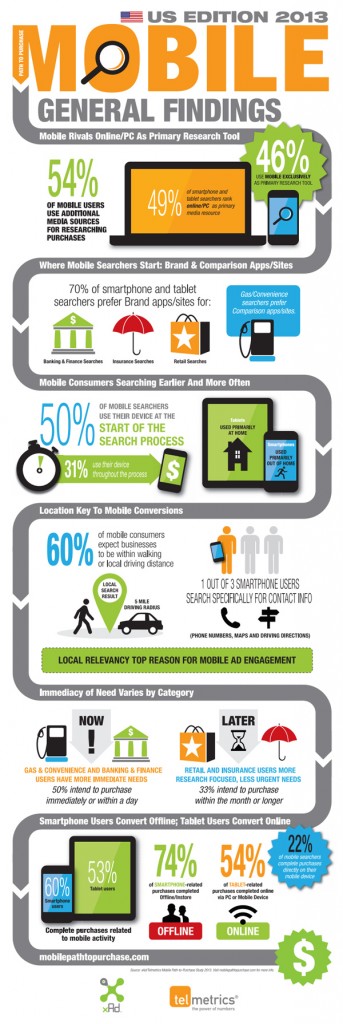Ecommerce in Mobile Devices
These days I’ve been in the Americas. From Miami to Santiago, Chile, I’ve been passing through Colombia, Ecuador, Panama and Mexico. In each of these places, we’re presenting our new betas from the first pool of products to come from IDODI Labs. In this first chapter, we are looking to enter into the global market, without pretensions and without a great deal of noise since in the coming months what we will be trying to do is learn from the user’s experiences, obtain reliable measurements and take care of all the improvements and necessary steps to achieve our final objective: simplify, automate, and perfect this type of ecommerce SaaS. The first thing we’ve discovered is the importance of providing answers on mobile devices and the urgency of focusing on that area. In the next couple of months we will have working versions of the apps decidedly geared to be sold.
Mobile devices have truly brought about an extreme revolution in human relations, communications, purchasing habits and information. It is here in the Americas, particularly in Latin America, where a giant risky leap is being taken between applications and devices. Meanwhile in Europe, and even in the United States, you must first have a product available in a fixed format or bound to a traditional support, and in these countries the use of the mobile device is provided before any SaaS subject to a static platform. It’s incredible how if you want to grab a considerable market share, you have to submit to this formula.
According to the Path to Purchase study carried out by the prestigious call measurement provider Telmetrics, today 46% of users start the purchasing process on their mobile device, even if they end up finishing the purchase offline or on a different device.
One of the things that has surprised me the most, and that in the last few months has become a work obsession at IDODI, is that even though users resort to their smart phones to begin a purchase if they are away from home, when they return home they continue or complete the process with their tablet. All this is to say that even though the purchase may be offline, the actual gateway to your sales is built on the effective fusion of your marketing on various devices. Specifically, the study indicates that 74% of searches begun on a mobile device are completed offline, whereas 54% of purchases whose search originated on a tablet were finalized online, either on a PC or mobile device.
One of the principal conclusions that arises from this study is that clients have been using multiple devices for some time now, and because of that it is important to provide an integrated experience, to facilitate access to information and to promote conversation through various conduits. I leave you with one of the graphics that accompanies the study which really helps to clarify things.

